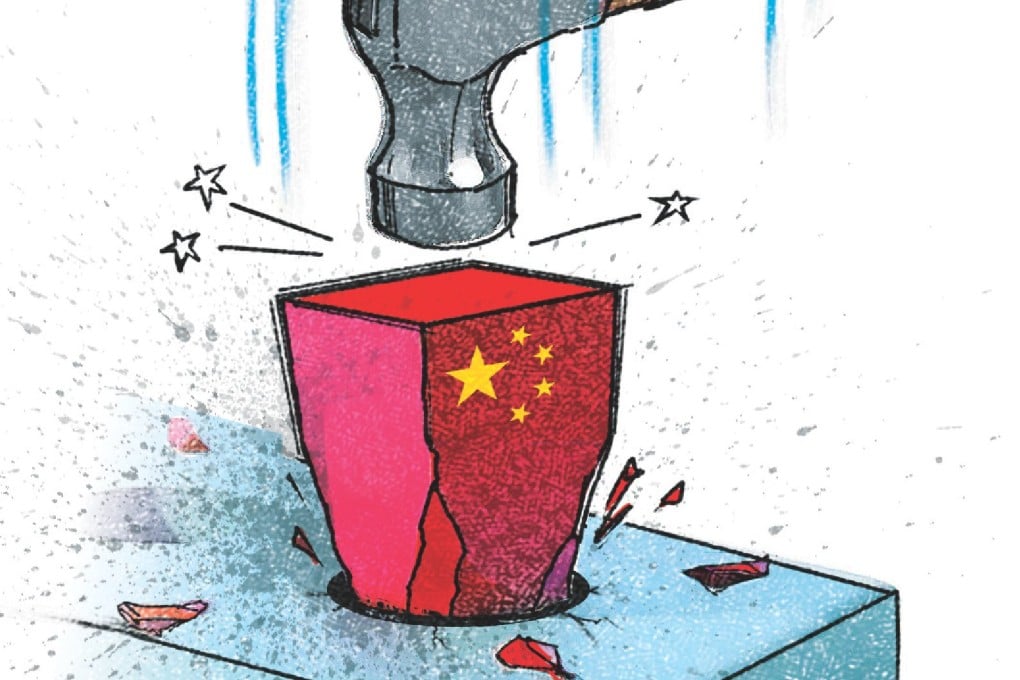No echo of 1914 in China's rise
Paul Letters says analyses that cast today's political quarrels in the mould of pre-war 1914 miss the mark by 100 years, not least because China is no Germany of yesteryear

The dawn of 2014 has seen historians and political commentators provide us with bold comparisons with 1914, and a world on the brink of a calamitous war. The US today may fit Britain of 1914. However, we are also supposed to believe that as Germany plunged into war against the superpower of the day then, today, China is on course to do likewise. So say many Western writers, including Oxford University Professor Margaret MacMillan, whose book The War That Ended Peace was published last year.
Germany was, as China is, a rising world power, but beyond that such comparisons - including supposed signs of the greatest powers careering towards war - don't stand up to scrutiny.
In a recent essay, MacMillan reminds us that globalisation is not a modern invention; it took until the 1990s - the end of the Soviet bloc and China's opening up - for globalisation to reach early 20th-century levels. And we shouldn't assume mutual economic interdependence is enough to prevent war: in 1914, Britain and Germany had a trade relationship to rival that of the US and China today.
Modern-day China is a status quo power. It is waving the flag for a system it was not involved in creating
We could also make a case that Japan is a bit of a France. Each was on the losing side in their previous war against their powerful neighbour (the French were crushed by the new Germany in 1871), and Japan is feeling more assertive now - as did France by 1914.
However, one of many differences with 1914 is that the arrogant assumptions then of a few leading men concocted an eagerness to launch into war - a war each power believed they would win within months. There is no such naive eagerness in today's nuclear world.
MacMillan also points her professorial cane at China's Senkaku/Diaoyu islands dispute with Japan, where, admittedly, both nations have sharpened their sabres. Apparently, such nationalism compares to the situation in Europe a century ago.
But Europe then is not Asia now. Germany was an empire headed by a kaiser and a cabal of military leaders who fomented war-hungry nationalism into their citizenry. China's civilian leadership generally chooses to delimit the actions of their most nationalistic internet users.
China's leadership is not hell-bent on expansion at any cost. Nor does Beijing have any ally it would get embroiled in a war for, as Germany did in signing a "blank cheque" for Austria - which turned a Balkans battle into a continental catastrophe. It's possible the US could be dragged into an East Asian conflict to help an ally, most likely to protect South Korea from the North. But, whereas Chinese forces fought against the US in the 1950-53 Korean war, today Beijing does little more than tolerate Pyongyang; China is not going to fight against the world's superpower on North Korea's behalf.